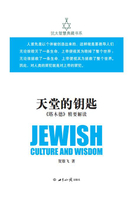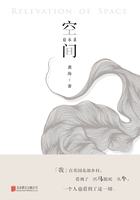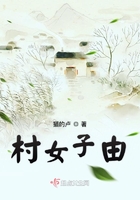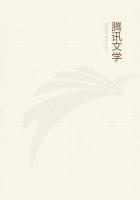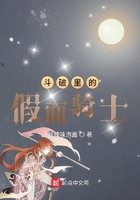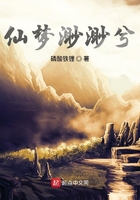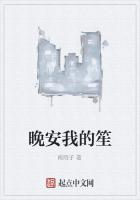Thus the "winged" species is simultaneous with the "terrestrial" andthe "water" species. These are distinguished within the same genus, and are opposed each to each, for the genus "animal" has the "winged", the "terrestrial", and the "water" species, and no one of these is prior or posterior to another; on the contrary, all such things appear to be "simultaneous" in nature. Each of these also, the terrestrial, the winged, and the water species, can be divided again into subspecies. Those species, then, also will be "simultaneous" point of nature, which, belonging to the same genus, are distinguished each from each by one and the same method of differentiation.
But genera are prior to species, for the sequence of their being cannot be reversed. If there is the species "water-animal", there will be the genus "animal", but granted the being of the genus "animal", it does not follow necessarily that there will be the species "water-animal".
Those things, therefore, are said to be "simultaneous" in nature, the being of each of which involves that of the other, while at the same time neither is in any way the cause of the other"s being; those species, also, which are distinguished each from each and opposed within the same genus. Those things, moreover, are "simultaneous" in the unqualified sense of the word which come intobeing at the same time.
There are six sorts of movement: generation, destruction, increase, diminution, alteration, and change of place.
It is evident in all but one case that all these sorts of movement are distinct each from each. Generation is distinct from destruction, increase and change of place from diminution, and so on. But in the case of alteration it may be argued that the process necessarily implies one or other of the other five sorts of motion.
This is not true, for we may say that all affections, or nearly all, produce in us an alteration which is distinct from all other sorts of motion, for that which is affected need not suffer either increase or diminution or any of the other sorts of motion. Thus alteration is a distinct sort of motion; for, if it were not, the thing altered would not only be altered, but would forthwith necessarily suffer increase or diminution or some one of the other sorts of motion in addition; which as a matter of fact is not the case. Similarly that which was undergoing the process of increase or was subject to some other sort of motion would, if alteration were not a distinct form of motion, necessarily be subject to alteration also. But there are some things which undergo increase but yet not alteration. The square, for instance, if a gnomon is applied to it,undergoes increase but not alteration, and so it is with all otherfigures of this sort. Alteration and increase, therefore, are distinct.
Speaking generally, rest is the contrary of motion. But the different forms of motion have their own contraries in other forms; thus destruction is the contrary of generation, diminution of increase, rest in a place, of change of place. As for this last, change in the reverse direction would seem to be most truly its contrary; thus motion upwards is the contrary of motion downwards and vice versa.
In the case of that sort of motion which yet remains, of those that have been enumerated, it is not easy to state what is its contrary. It appears to have no contrary, unless one should define the contrary here also either as "rest in its quality" or as "change in the direction of the contrary quality", just as we defined the contrary of change of place either as rest in a place or as change in the reverse direction. For a thing is altered when change of quality takes place; therefore either rest in its quality or change in the direction of the contrary may be called the contrary of this qualitative form of motion. In this way becoming white is the contrary of becoming black; there is alteration in the contrary direction, since a change of a qualitative nature takes place.
The term "to have" is used in various senses. In the first place it is used with reference to habit or disposition or any other quality, for we are said to "have" a piece of knowledge or a virtue. Then, again, it has reference to quantity, as, for instance, in the case of a man"s height; for he is said to "have" a height of three or four cubits. It is used, moreover, with regard to apparel, a man being said to "have" a coat or tunic; or in respect of something which we have on a part of ourselves, as a ring on the hand: or in respect of something which is a part of us, as hand or foot. The term refers also to content, as in the case of a vessel and wheat, or of a jar and wine; a jar is said to "have" wine, and a corn-measure wheat. The expression in such cases has reference to content. Or it refers to that which has been acquired; we are said to "have" a house or a field. A man is also said to "have" a wife, and a wife a husband, and this appears to be the most remote meaning of the term, for by the use of it we mean simply that the husband lives with the wife.
Other senses of the word might perhaps be found, but the most ordinary ones have all been enumerated.


